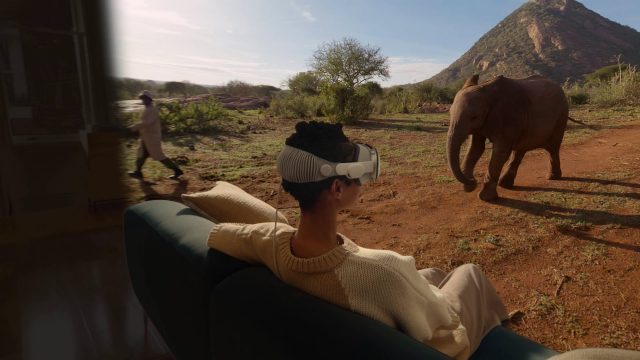Landmark AI deal sees Hollywood giant Lionsgate provide library for AI training

Enlarge (credit: Benj Edwards / Malte Mueller via Getty Images)
On Wednesday, AI video synthesis firm Runway and entertainment company Lionsgate announced a partnership to create a new AI model trained on Lionsgate's vast film and TV library. The deal will feed Runway legally clear training data and will also reportedly provide Lionsgate with tools to enhance content creation while potentially reducing production costs.
Lionsgate, known for franchises like John Wick and The Hunger Games, sees AI as a way to boost efficiency in content production. Michael Burns, Lionsgate's vice chair, stated in a press release that AI could help develop "cutting edge, capital efficient content creation opportunities." He added that some filmmakers have shown enthusiasm about potential applications in pre- and post-production processes.
Runway plans to develop a custom AI model using Lionsgate's proprietary content portfolio. The model will be exclusive to Lionsgate Studios, allowing filmmakers, directors, and creative staff to augment their work. While specifics remain unclear, the partnership marks the first major collaboration between Runway and a Hollywood studio.







